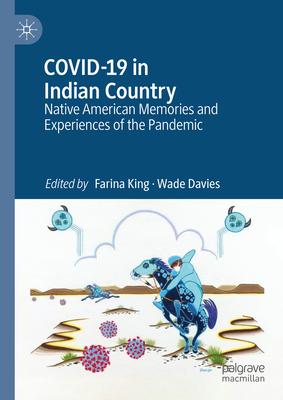As the COVID-19 pandemic struck peoples throughout the world, it disproportionately devastated Native American communities. The inequalities, disparities, and injustices they had long experienced as historically marginalized peoples magnified the effects of this crisis throughout Indian Country, causing high hospitalization and death rates, as well as intense economic and social dislocation. This edited volume seeks to tell stories of Native Americans facing this matrix of disease and colonialism in these pandemic years while also highlighting ways that Indigenous people innovated, bonded, and endured through this crisis. It features Indigenous perspectives and experiences through scholarly and creative pieces including short stories, visual art, and academic and personal narratives. Contributors ask how past experiences and traumas have contextualized Native people's responses to COVID-19 and how intergenerational knowledge and ties have sustained their communities during the pandemic.

Covid-19 in Indian Country: Native American Memories and Experiences of the Pandemic
As the COVID-19 pandemic struck peoples throughout the world, it disproportionately devastated Native American communities. The inequalities, disparities, and injustices they had long experienced as historically marginalized peoples magnified the effects of this crisis throughout Indian Country, causing high hospitalization and death rates, as well as intense economic and social dislocation. This edited volume seeks to tell stories of Native Americans facing this matrix of disease and colonialism in these pandemic years while also highlighting ways that Indigenous people innovated, bonded, and endured through this crisis. It features Indigenous perspectives and experiences through scholarly and creative pieces including short stories, visual art, and academic and personal narratives. Contributors ask how past experiences and traumas have contextualized Native people's responses to COVID-19 and how intergenerational knowledge and ties have sustained their communities during the pandemic.